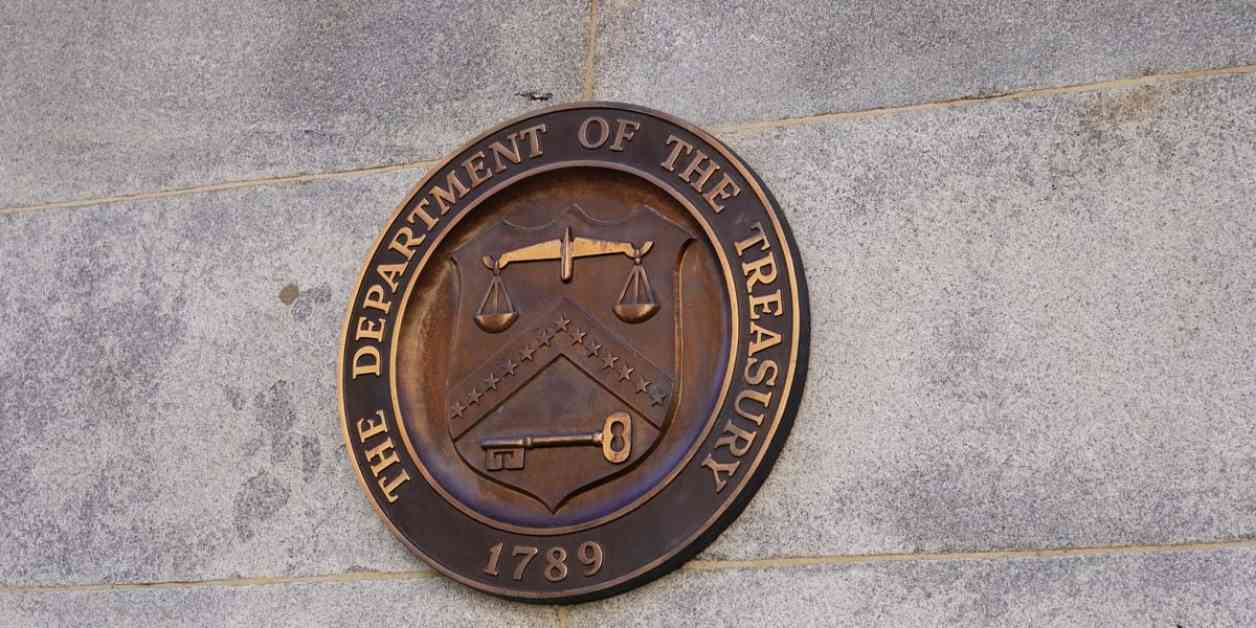The U.S. Department of the Treasury’s Internal Revenue Service has announced new tax rules for cryptocurrency transactions that will take effect in 2025. Crypto brokers will be required to file 1099 forms similar to traditional investment firms, but regulations for decentralized finance (DeFi) operations and non-hosted wallet providers will be delayed until later in the year.
The new rules will require brokers to keep track of customers’ tokens’ cost basis starting in 2026. However, the IRS will not require reporting on most stablecoin sales, and a $600 annual threshold will be set for NFT proceeds before they need to be reported.
While the focus is on platforms like Coinbase and Kraken, non-custodial crypto businesses will have a temporary reprieve from the new filing demands. The Treasury Department and the IRS are still considering how to treat non-custodial industry participants and plan to issue a separate rule later in the year.
The final rule for brokers will begin with transactions in 2025, giving taxpayers another filing year to figure out their 2024 returns. Real estate transactions paid for with cryptocurrencies after January 1, 2026, will also require reporting.
The IRS estimates that about 15 million people will be affected by the new rule, and approximately 5,000 firms will need to comply. The agency has tried to avoid burdens on stablecoin users, exempting those who do not earn more than $10,000 on stablecoins in a year.
Additionally, the IRS has set rules for reporting NFT sales, requiring reporting for taxpayers who earn more than $600 in a year from their NFT sales. The agency will monitor NFTs reported under this reporting method to ensure compliance.
The IRS has also defined a safe harbor for reporting requirements related to digital assets held within each taxpayer’s wallet or account as of January 1, 2025. The agency clarified that the rules do not aim to take a side in the debate over whether tokens are securities or commodities.
Overall, these new tax rules aim to provide better access to documentation for investors in digital assets and improve tax compliance while reducing tax evasion by wealthy investors. The IRS will continue to monitor and enforce compliance with these regulations to ensure that taxpayers accurately report their digital asset activity.














